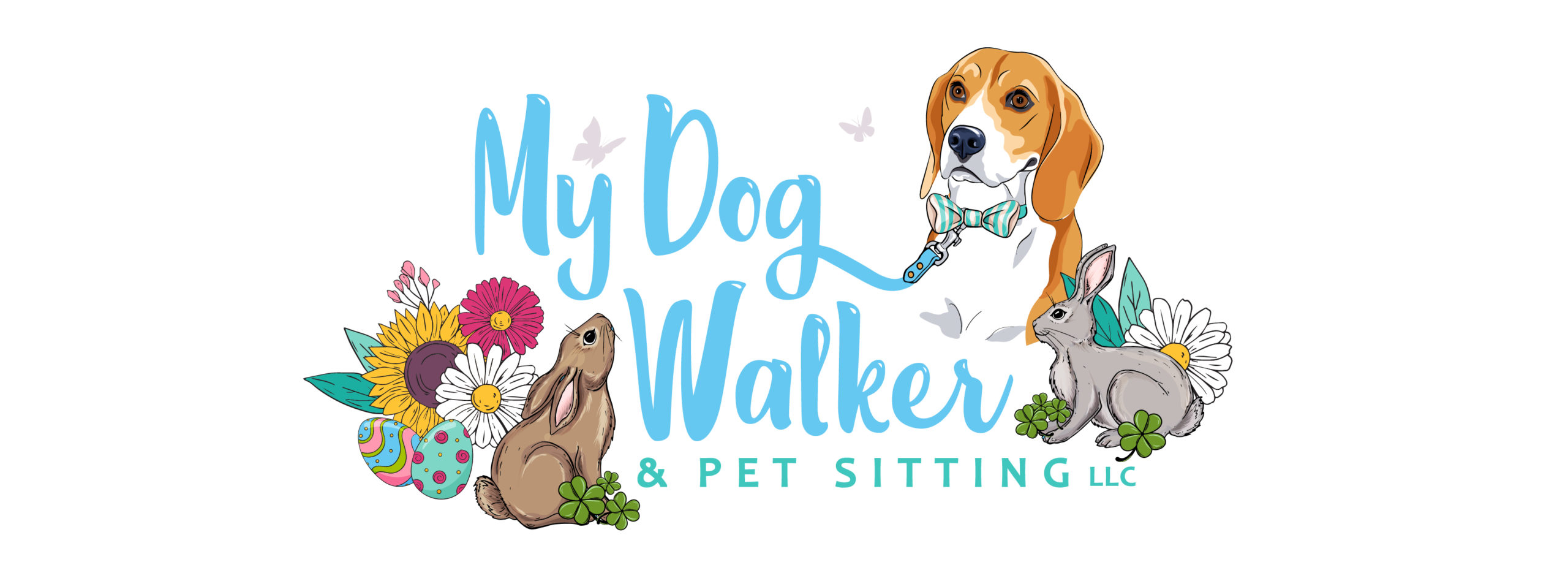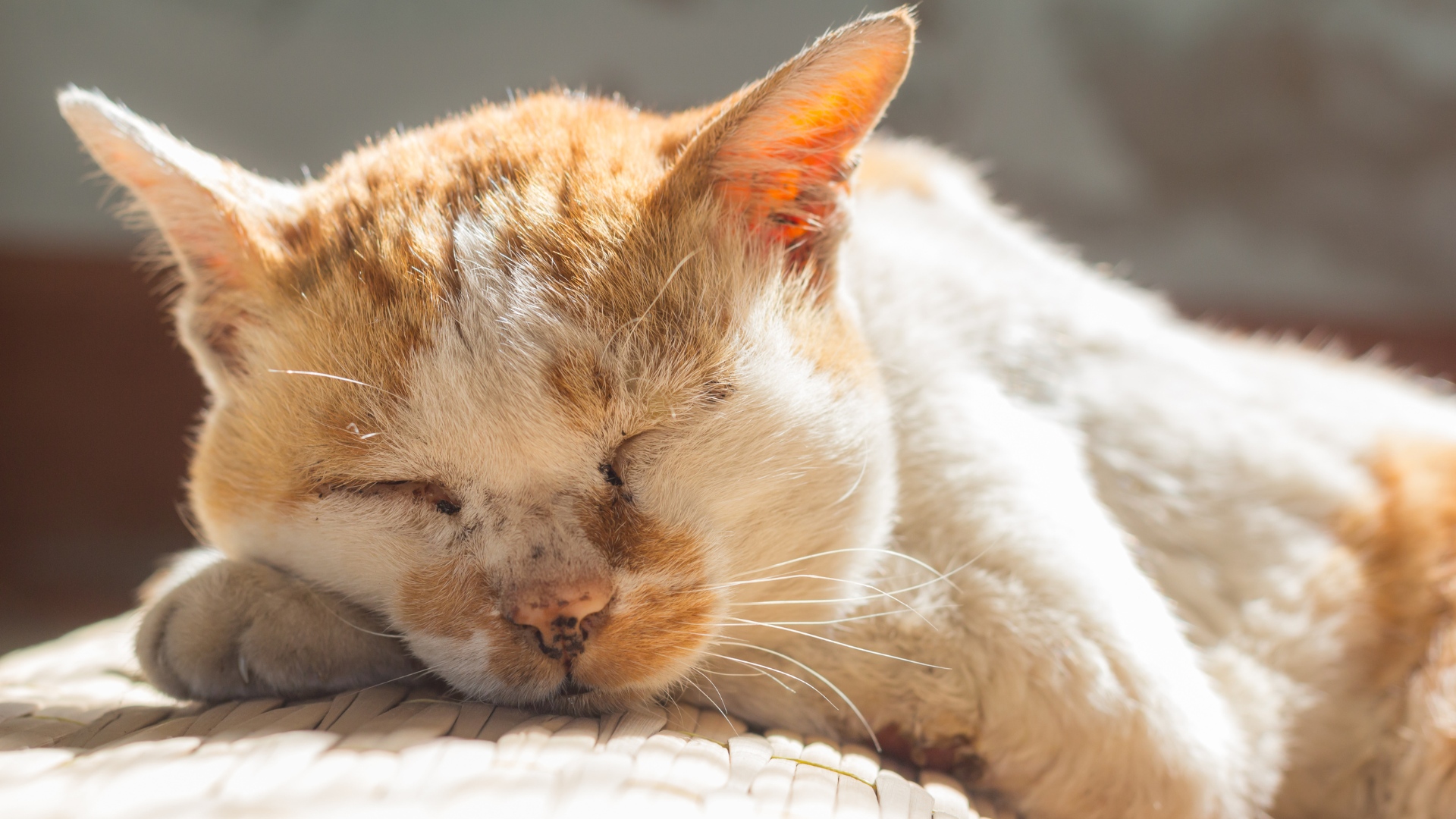
Going Over The Best Methods And Practices To Care For Senior Cats And Give Them The Best Life Possible
As cat lovers, we cherish every stage of our feline friends’ lives. This includes the playful antics of kittens, to the dignified demeanor of senior cats. However, just like humans, cats age over time. With aging comes specific needs and considerations to ensure they live their golden years to the fullest.
If you’re a proud owner of a senior cat, it’s essential to adapt your care routine to meet their changing needs. Therefore, this article is your ultimate guide on how to provide the best care for your aging feline companion. Keep in mind these are general pieces of advice and will not cover case-specific diseases or illnesses.
Understanding Senior Cat Care
According to PetMD, a cat becomes a senior cat once they are ten years old. However, it’s worth noting that individual cats may show signs of aging at different rates. With age, cats may experience various physical and cognitive changes. Here are some examples of those changes.
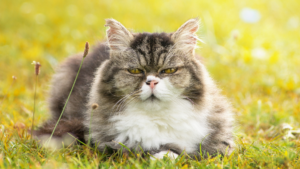
Decreased Mobility
Cats are renowned for their agility, speed, and maneuverability. However, cats usually slow down as they age. Common mobility issues like arthritis and joint stiffness can make it difficult for senior cats to move around as freely as they once did. It’s important to keep this in mind when handling and interacting with your senior cat.
Changes In Appetite
Another common change that occurs in cats as they enter their senior years is a change in appetite. There are many different factors that can affect a senior cat’s diet. Some examples include dental issues, reduced sense of taste and smell, or underlying health problems. While this change in appetite is common, it’s still a good idea to have your senior cat examined by your veterinarian to look for underlying health issues.
Increased Risk Of Medical Conditions
Just like senior humans, senior cats are more susceptible to medical conditions and issues as they age. Examples of these health issues include things like kidney disease, hyperthyroidism, diabetes, and cancer.
Behavioral Changes
As cats age, their overall behavior may change. For example, senility or cognitive dysfunction syndrome (similar to Alzheimer’s disease in humans) can cause disorientation, changes in sleep patterns, and altered behavior.
Tips For Caring For Senior Cats
Now that we’ve covered the changes that senior cats go through as they age, let’s discuss how senior cat owners can help them live a comfortable, happy, and fulfilling life.
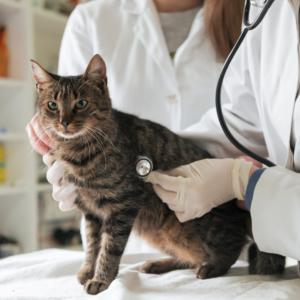
Routine Veterinary Check-Ups
Just like humans, senior cats benefit from regular health check-ups. Your veterinarian can detect and treat age-related conditions early, ensuring your cat’s continued well-being.
Cumberland Animal Clinic recommends that senior cats get a health check-up every six months. This is because senior cats are more prone to injuries and feline diseases compared to their younger counterparts.
Nutrition
Senior cats have different nutritional needs compared to younger cats. Therefore, it’s important to choose a high-quality senior cat food that is specifically formulated to support their aging bodies. These foods often contain lower levels of fat and protein to prevent obesity and kidney strain. To learn more about the various senior cat foods on the market, click here.
Maintaining A Healthy Weight
One of the biggest health risks that cats, of all ages, face today is obesity. According to VCA Animal Hospitals, nearly 60% of domestic cats in the U.S. are overweight.
Obesity exacerbates many age-related health issues in cats. Therefore, it’s very important to monitor your senior cat’s weight regularly. Additionally, adjust their diet and activity levels as necessary to maintain a healthy weight. If you’re having trouble controlling your senior cat’s weight, consult with your veterinarian about diet options.
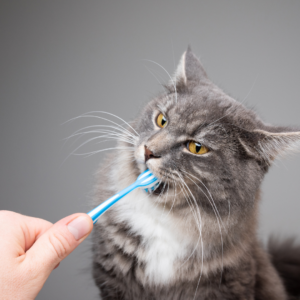
Dental Care
A commonly overlooked aspect of cat health & care is their dental hygiene. It is recommended to brush your cat’s teeth three times a week to remove plaque and prevent tartar accumulation.
Additionally, dental problems are more common in cats as they age. A senior cat’s dental health can directly impact their appetite, ability to eat hard foods, and overall health. So, make it a point to brush your senior cat’s teeth regularly and provide dental treats or toys to help keep their teeth clean.
Environmental Enrichment
The best way to maintain your senior cat’s mental health is to provide them with a mentally stimulating environment. This includes enrichment opportunities such as toys, scratching posts, and puzzle feeders. Not only will these things keep your senior cat mentally stimulated, but they can help prevent boredom and alleviate stress or anxiety.
Comfortable Environment
Another important aspect of caring for senior cats is to make sure your home is senior-cat-friendly. This includes providing easy access to food, water, litter boxes, and comfortable resting areas. Due to decreased mobility, senior cats may have trouble accessing these basic necessities.
So, consider using ramps or steps to help your cat reach high places if they have mobility issues. Also, if your senior cat has trouble going up and down steps, consider keeping all of their basic necessities on the same floor of your home.
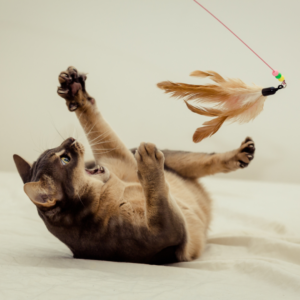
Regular Exercise
While senior cats may not be as active as they once were, they still benefit from regular exercise. Daily exercise is very important as it helps maintain muscle tone and joint mobility. Therefore, encourage gentle play sessions and provide opportunities for your cat to explore and stretch. For more information about the best toys for senior cats, click here.
Monitor Behavior Changes
Keep an eye out for any changes in your senior cat’s behavior. This includes things like appetite, lethargy, aggression, or litter box habits. These sudden changes in behavior could be signs of underlying health problems that need attention.
Grooming
As cats get older, they may have difficulty in cleaning themselves as well as they used to. Therefore, older cats may need help with grooming. This is especially true if they have arthritis or other mobility issues that make it difficult for them to groom themselves effectively. Regular brushing can help prevent mats and keep their fur coat healthy.
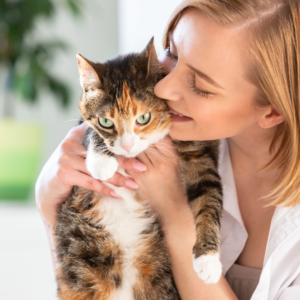
Provide Love and Attention
Finally, shower your senior cat with love and attention. While this is an obvious one for most cat owners, it’s still worth mentioning. Spending quality time with them, cuddling them, and reassuring them that they are cherished members of the family is vitally important to their health and well being. Love is a powerful force that heals the mind, body, and soul.
Looking For A Pet Sitter Or Dog Walker?
If you or someone you know is looking for a pet sitter or dog walker, then look no further than My Dog Walker & Pet Sitting. We are fully insured & bonded and have over 10 years of experience working with animals. Click here to check out our wide variety of pet sitting services including in-home pet sitting and routine dog walking.
We currently service the Medford, Medford Lakes, Shamong, and Tabernacle, NJ areas. To become a client, click here or give us a call at 856-217-2781. Be sure to check us out on Facebook and Instagram too! We post new content regularly, so be sure to follow us so you don’t miss out on adorable pictures of our pets.
